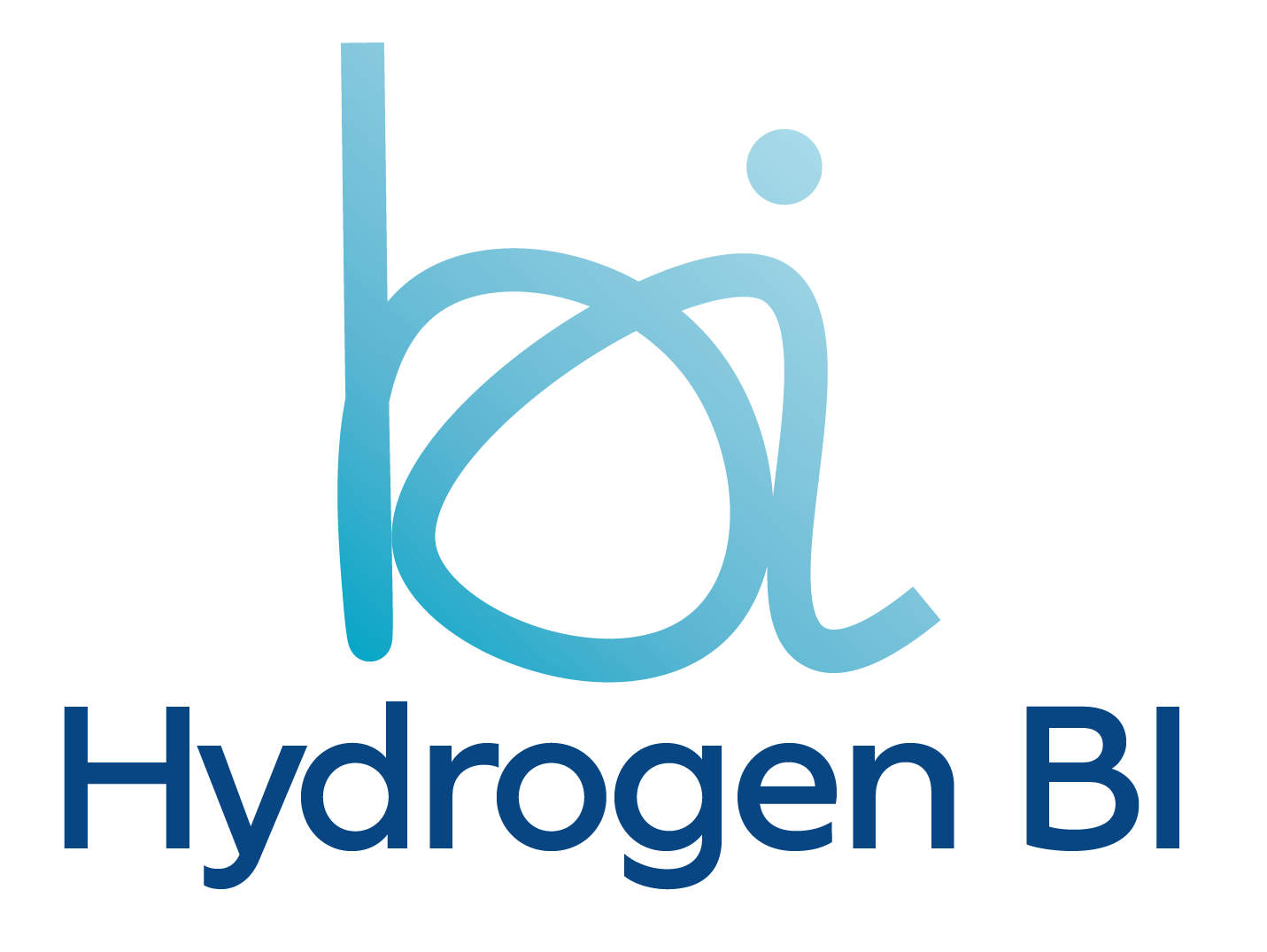




Statistics that Speak Volumes
80%
Over 80% of companies have invested in BI tools.
5x
Businesses that use BI tools are 5x more likely to make faster decisions.
30%
Businesses using BI tools experience a 20-30% increase in operational efficiency.
25%
Companies that implement BI tools report a 20-25% increase in employee job satisfaction.
6x
Businesses with a BI strategy are 6x more likely to identify new revenue streams.
50%
Businesses save an estimated 1,200 hours (50%) annually on manual data entry and report generation by using BI tools.


BI is the process of collecting, analysing, and presenting data to help businesses make informed decisions.

What is BI?
Business Intelligence (BI) is a technology-driven process that involves collecting, managing, and analysing data from various sources to provide actionable insights.
By organising data in a structured way, BI tools help identify trends, patterns, and opportunities, which are then presented through reports, dashboards, and visualisations. This enables executives, managers, and other corporate end users to make informed decisions based on accurate and timely information.
What's the goal of BI?
-
To provide valuable insights into operations, performance, and customer behaviour, enabling businesses to:
-
Optimise operations
-
Drive growth
-
Increase competitiveness
-
How does it work?
-
Utilises a combination of:
-
Dashboards
-
Reports
-
Data visualisation tools
-
Expert Analysis - Turns raw data into actionable insights.
-
What are the benefits?
-
Roadmap for Success: Provides the information needed to navigate the business landscape.
-
Data-Driven Decisions: Helps businesses:
-
Identify new market opportunities
-
Improve customer engagement
-
Reduce costs
-
-
Empowerment: Enables informed decisions that drive success and set businesses apart from the competition.
How does BI support decision-making?
-
Data Consolidation
-
Real-Time Insights & Trend Analysis
-
Performance Monitoring
-
Customised Reports
-
Scenario Analysis
-
Data-Driven Culture
-
Risk Management
-
Customer Insights


Specification Development
Effective development begins with a comprehensive and carefully devised strategy.
Hydrogen BI collaborates with you to ensure that your concepts achieve all your desired results.
Phase One - Client Brief
-
Review of goals
-
Develops preliminary concepts
-
Additional questions about your goals

Phase Two - Requirements Discussed
Discussion of the specifics of the required system, including processes, documentation, and outputs/reports

Phase Three - System Documentation
-
Detailed screen mockups, flowcharts, and technical specifications

Phase Four - Client Review Of Documents
-
Documentation review
-
Revision period based on your feedback

Phase Five - Project Cost & Timeline
-
Precise cost frameworks
-
Project schedule with you
-
Resource planning

Phase Six - Production to Future Expansion
-
Development process
-
Regular updates & test versions
-
Implement feedback
-
System launch!


